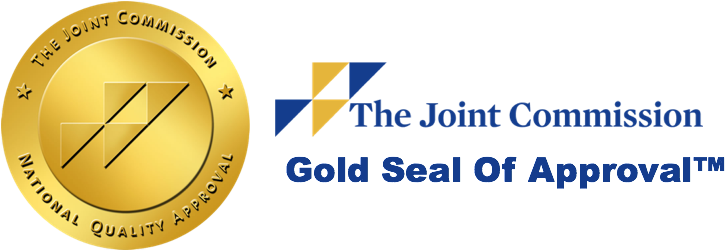Have you noticed strange behavior in your child that made you wonder, What if? What if my child is addicted to drugs? Teenagers are notorious for their challenges and sometimes volatility, but there are some key warning signs to help you determine if your child is going through a typical teenage experience or struggling through them under the extra weight of a drug addiction.
Detecting an addiction is the first step to finding a suitable treatment and helping your child reclaim the carefree freedom he or she once had. Remember, you know your child best. You can determine the severity or presence of each early warning sign compared to your child’s natural personality.
Take recent circumstances into consideration. Addictions in youth often correspond with a life transition, whether that’s a change in schools, a change in family dynamics, or even a change in body. These warning signs are not listed in chronological order or order of importance: in some cases, it’s easier to notice behavioral symptoms, while some loved ones first notice physical changes in their child. Use this list to learn what may be affecting your child.
Behavioral
1. A teenager with a budding drug addiction often seeks isolation. Your child may lock doors, avoid interaction or activities, demand privacy, or avoid eye contact. Your child may become more secretive, start to sneak around, and even abandoned activities he or she used to enjoy. This might be an early warning sign of shame and a silent call for help.
2. It is common to notice more friction in relationships—with parents, family members, or close friends. He or she may become uncharacteristically challenging or try to drive you away in order to keep you too hurt and distracted to figure out what’s really going on in his or her life.
3. You may notice a sudden change in personality or attitude. This includes mood swings, irritability, or anger. On the other hand, he or she may also display periodical giddiness or hyperactivity, depending on the drug.
4. Individuals suffering from an addiction often ask for money. They might start asking for money more often or in larger amounts in order to supply their need for a drug. If pressed, they may turn to stealing.
5. Often, those with a drug addiction will neglect responsibilities. Maybe they start skipping classes or let their grades slip. They might stop taking care of their possessions. Drugs inhibit an addict’s ability to think rationally and see consequences of his or her actions.
Physical
1. Watch for changes in appearance. Your child might start wearing a new style of clothes, which can signal a new group of friends whose acceptance he or she is trying to earn. Grooming habits might change as well as countenance.
2. Keep an eye out for a change in eating habits. This can come in the form of a drastic increase or decrease in appetite, depending on the addictive substance of use. Marijuana will increase appetite, where cocaine, heroin, and Adderall will decrease appetite.
3. Look for unusual side effects like repeated scratching of arms and face; red, watery, or glassy eyes, pupils larger or smaller than normal; sweating; tremors; slurred speech; or trouble with coordination. Some drugs will cause a dry mouth or nose, and some will cause rashes around the mouth and nose.
4. Beware of any unusual smells. You may notice odors on clothes, but also on the breath or body.
5. Notice your child’s sleeping habits. Addictions may cause lethargy, so your child might begin to sleep at odd hours or stay up all night and sleep all day.
You can’t begin to help your child until you know for sure what the situation is. Look for these signs, and be the parent your child needs through this trying circumstance.







